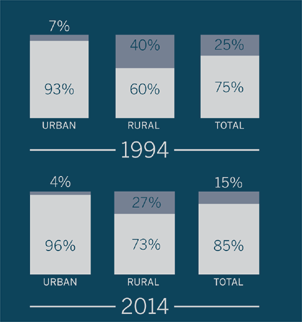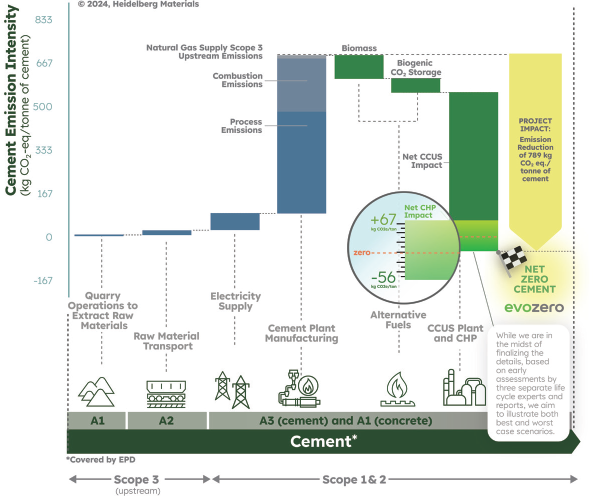July/August 2017
Communities: Industry
Petroleum Engineers Set Action Plan on Climate Change
 Janeen Judah, president of the Society of Petroleum Engineers, likes to tell people she has a law degree in addition to two engineering degrees. But lawyers don’t solve the world’s problems, she adds. Engineers do.
Janeen Judah, president of the Society of Petroleum Engineers, likes to tell people she has a law degree in addition to two engineering degrees. But lawyers don’t solve the world’s problems, she adds. Engineers do.
Over the past year, SPE leaders have been working to determine how the organization should address the growing public concern of climate change. According to Judah, SPE noted that other organizations were taking formal stands on the issue. And because the climate-change discussion is so important to the petroleum industry and “the concern is so prevalent globally,” the SPE board decided to act.
After a year of study by a board-appointed task force, the organization has decided on a two-pronged strategy. First, SPE wants to ensure its technologies and practices help address climate change and the world’s energy needs. Second, SPE plans to inform members about climate change issues and how those issues are connected to their work and the technologies they use.
 Judah explains that the organization disseminates technical knowledge and typically avoids political controversy. SPE does not want to give the appearance of lobbying, nor does it attempt to assess climate science or guide policy.
Judah explains that the organization disseminates technical knowledge and typically avoids political controversy. SPE does not want to give the appearance of lobbying, nor does it attempt to assess climate science or guide policy.
“In our 60-year history, SPE has not been in the business of making or establishing policy change,” Judah says. “But I believe our decisions and actions as engineers can make a positive influence on our world.”
To support the two-pronged strategy, SPE set a success plan. It includes a multiyear focus on technologies, skill development, knowledge sharing, and partnerships, as well as promotion of technologies and practices that address climate change. SPE also will put technical resources behind achieving a net-zero-emissions world while continuing to capture the value of oil and gas, among other markers of success.
While the field of energy resources development and production is going through substantial change, SPE is emphasizing the new opportunities for its approximately 91,000 professional members. In an article in the Journal of Petroleum Technology, Judah noted the potential in carbon dioxide capture, use, and storage; natural gas infrastructure; and new markets for oil.
At the same time, Judah wrote that she has a “special concern about operating in a safe and environmentally responsible manner.” Negative views of the oil industry put petroleum engineers in a difficult spot. As is the case with all engineers, having integrity and the public’s trust is crucial. Without that trust, Judah wrote, “our past actions affect our social license to continue to operate.”
Access to Electricity Around the World
When the National Academy of Engineering decided to rank the greatest engineering achievements of the 20th century, electrification topped the list as the “workhorse of the modern world.”
While much of the developed world doesn’t think twice about flipping a light switch in an air-conditioned home while recharging a smart phone, according to the latest information from the Energy Information Administration and the World Bank, 1.1 billion or 15% of people around the world lacked access to electricity in 2014.
The percentage of people without electricity is decreasing, reports the EIA, due in part to faster population growth in urban areas.
From 1994 to 2014, the electrification rate grew fastest in Africa, the Middle East, and South and Southeast Asia.
World Population Access to Electricity

World Population Access to Electricity

WITH ELECTRICITY ACCESS


 Volunteering at NSPE is a great opportunity to grow your professional network and connect with other leaders in the field.
Volunteering at NSPE is a great opportunity to grow your professional network and connect with other leaders in the field. The National Society of Professional Engineers (NSPE) encourages you to explore the resources to cast your vote on election day:
The National Society of Professional Engineers (NSPE) encourages you to explore the resources to cast your vote on election day:


